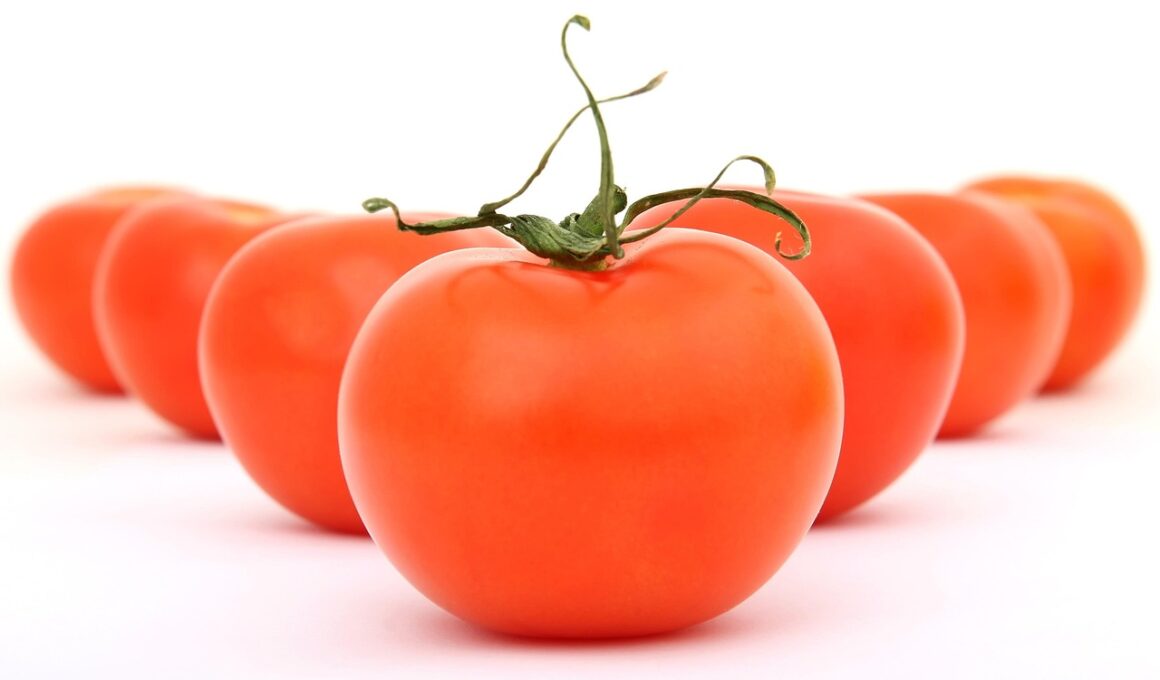Avoiding Fillers and Additives in Kitten Food
When choosing the right kitten food, understanding the ingredients is crucial. Many commercial brands contain fillers and artificial additives that do not provide essential nutrition. Look for options that prioritize high-quality protein sources, such as chicken or fish, as the primary ingredient. These ingredients contribute to healthy growth and development in kittens. Fillers like corn or wheat may be present to reduce costs but offer little nutritional benefit. Furthermore, avoid products with artificial preservatives and colors, which can be harmful to your kitten’s health. Opt for wet or dry foods that have undergone rigorous nutritional testing. This ensures that they meet the dietary requirements necessary for growing kittens. Familiarize yourself with various labels and product information to make informed decisions. Consider consulting with your veterinarian to identify foods that fit your kitten’s specific needs. Your pet’s health will benefit from a balanced diet free of harmful additives. By being diligent, you can select a food that promotes a strong, vibrant life for your beloved kitten, setting them on a path for lifelong health and wellness.
Understanding the importance of proper nutrition for kittens is vital. Cats are obligate carnivores, which means they require more protein than many other pets. Choose kitten foods rich in animal protein sources that help build strong muscles and tissues. Additionally, the right balance of fats, carbohydrates, vitamins, and minerals plays a significant role in their overall health. It’s essential that kitten food includes crucial nutrients such as taurine, DHA, and arachidonic acid, which support heart and brain development. Choose foods developed specifically for kittens to ensure they meet these needs. Look for brands that list meat as the first ingredient, and be cautious of products that are vague about their protein sources. Instead of vague terms like “meat meal,” insist on specific types of meat from reputable suppliers. This thoughtful selection process is essential for your kitten’s well-being. Research the ingredients and nutritional profiles of various brands. Focus on products from trustworthy manufacturers that prioritize quality in their formulations. By doing so, you’ll help ensure that your kitten receives the highest possible nourishment during their crucial growth phase.
Identifying Harmful Fillers
Fillers used in pet food are generally non-nutritive components added to bulk up products without enhancing their nutritional profile. Common fillers include corn, soy, and wheat, which may adversely affect kitten digestion and overall health. Avoiding these fillers should be a priority when selecting the ideal food for your furry friend. Some kittens may develop allergies or sensitivities to these ingredients, leading to undesirable symptoms. Ingredients like by-products can also be misleading; they might contain low-quality ingredients that do not contribute nutritional value. Always opt for brands that clearly state their sources of nutrition, focusing on whole meats and vegetables. Understanding the ingredients can help you make better dietary choices. Furthermore, consider the importance of dry kibble versus wet food; while both can be nutritious, some kittens may do better on a specific type based on their unique needs. Mixing wet and dry foods may offer a balance of hydration and dental health benefits. Always observe your kitten’s response to the chosen food and consult with a veterinarian if you notice any health concerns, ensuring they get the best possible nutrition.
Choosing low-quality ingredients may save money initially, but it often results in long-term health costs. Poor nutrition may lead to serious health issues that can be expensive to treat later. Brands that feature fillers frequently lack key nutrients for a growing kitten. Instead, invest in high-quality brands that provide real animal proteins and wholesome grains or vegetables. This investment pays dividends in the form of your kitten’s health, vitality, and longevity. Reading product reviews can also provide valuable insights into various brands, helping you make the best decision for your kitten’s diet. Look for feedback from other pet owners and check for any recalls associated with specific brands. This precaution could save you from making a poor choice. Be aware that there are many specialty kitten foods available aimed at specific breeds or dietary concerns, allowing you to customize your kitten’s diet even further. Selecting a balanced formula ensures that your kitten gets the essential nutrients they require for healthy growth and development. Following the recommendations from a veterinarian can also guide you toward premium options that prioritize quality in every aspect of nutrition.
Consulting Your Veterinarian
As you navigate the myriad options available, consulting your veterinarian can be incredibly beneficial. Older cats have different nutritional needs than kittens, requiring tailored recommendations to ensure appropriate growth. Veterinarians can provide invaluable insights and suggestions based on your kitten’s age, weight, and health status. They can recommend specific brands or formulas that will suit your kitten’s needs, eliminating the guesswork. Additionally, discussing any potential allergies or sensitivities your kitten may have is essential in determining the right food. Selecting the correct diet may enhance energy levels and immune function, supporting the kitten’s overall health. Your veterinarian can help monitor your kitten’s development and adjust dietary recommendations as they mature. Keep in mind that nutritional needs vary as your kitten grows, and it’s essential to transition them to adult cat food when they reach the appropriate age. This gradual transition will ensure that your kitten continues to thrive on a diet that meets their evolving nutritional needs. A well-established relationship with your veterinarian will guide you and help maintain your kitten’s health over the years.
Additionally, when you start your kitten on a new diet, monitor their reaction closely. This involves being attentive to any signs of gastrointestinal upset, such as vomiting or diarrhea. Gradually introducing a new food can help minimize discomfort and allow your kitten’s digestive system to adjust effectively. Mix the new diet with their previous food over several days to ease this change. Provide plenty of fresh water to support hydration during this transition. Some kittens may take time to adjust to new tastes and textures, so patience is essential. If your kitten is unwilling to eat the new food, consider experimenting with different flavors or formulations to find a suitable option. Sometimes, warming wet food slightly or mixing in a little broth can entice even the pickiest eater. Stay informed about recalls and quality assurance notices regarding pet foods, as these can impact your choice. Finally, creating a positive mealtime atmosphere will encourage good eating habits. Learning to read labels and research the best kitten foods now prepares you for a lifetime of happy, healthy, and well-nourished cats.
Conclusion and Final Tips
In conclusion, choosing the right kitten food involves understanding the differences between quality ingredients and harmful fillers. Feeding your kitten a balanced diet with minimal additives and robust protein sources promotes growth and health. Take the time to research and consult your veterinarian when selecting kitten food, as it impacts your pet’s future well-being. Avoid brands that prioritize cost over quality by featuring low-quality fillers, additives, and artificial ingredients. As your kitten grows and their nutritional needs change, so should their diet. Keep vigilant for any signs of allergies or intolerances, adjusting as necessary to ensure optimal health. Transitioning between different foods should be done gradually to minimize digestive disturbances. Involve your family in the process, educating them about the importance of choosing quality ingredients. By making informed decisions regarding your kitten’s nutrition, you set the stage for a long, healthy life full of energy. The love and attention you invest into selecting the right food today will be rewarded with a vibrant and jubilant companion for many years to come.
In closing, the significance of your kitten’s diet cannot be overstated. Selecting the right kitten food devoid of fillers and harmful additives fosters a visually vibrant and healthy cat. The ingredients you choose today will influence their health for years to come. As a responsible pet owner, prioritize high-quality ingredients, consulting your veterinarian as necessary, to ensure that your feline friend thrives. Recognizing the connection between nutrition and health is paramount in ensuring a happy, active kitten. Monitoring your kitten’s transition to their new diet will allow you to adjust as needed. Ultimately, your proactive engagement in selecting quality food is a testament to your love and dedication. Providing a balanced, nutrient-rich diet free from unnecessary fillers lays a strong foundation for a long, healthy life. Continue exploring innovative and wholesome options for your pet’s nutritional needs. Selecting the right food may seem overwhelming, but with commitment and care, you can create a nourishing environment. Every effort you make contributes significantly to your kitten’s well-being. Their love and companionship will be more than worth every step taken along this journey.


